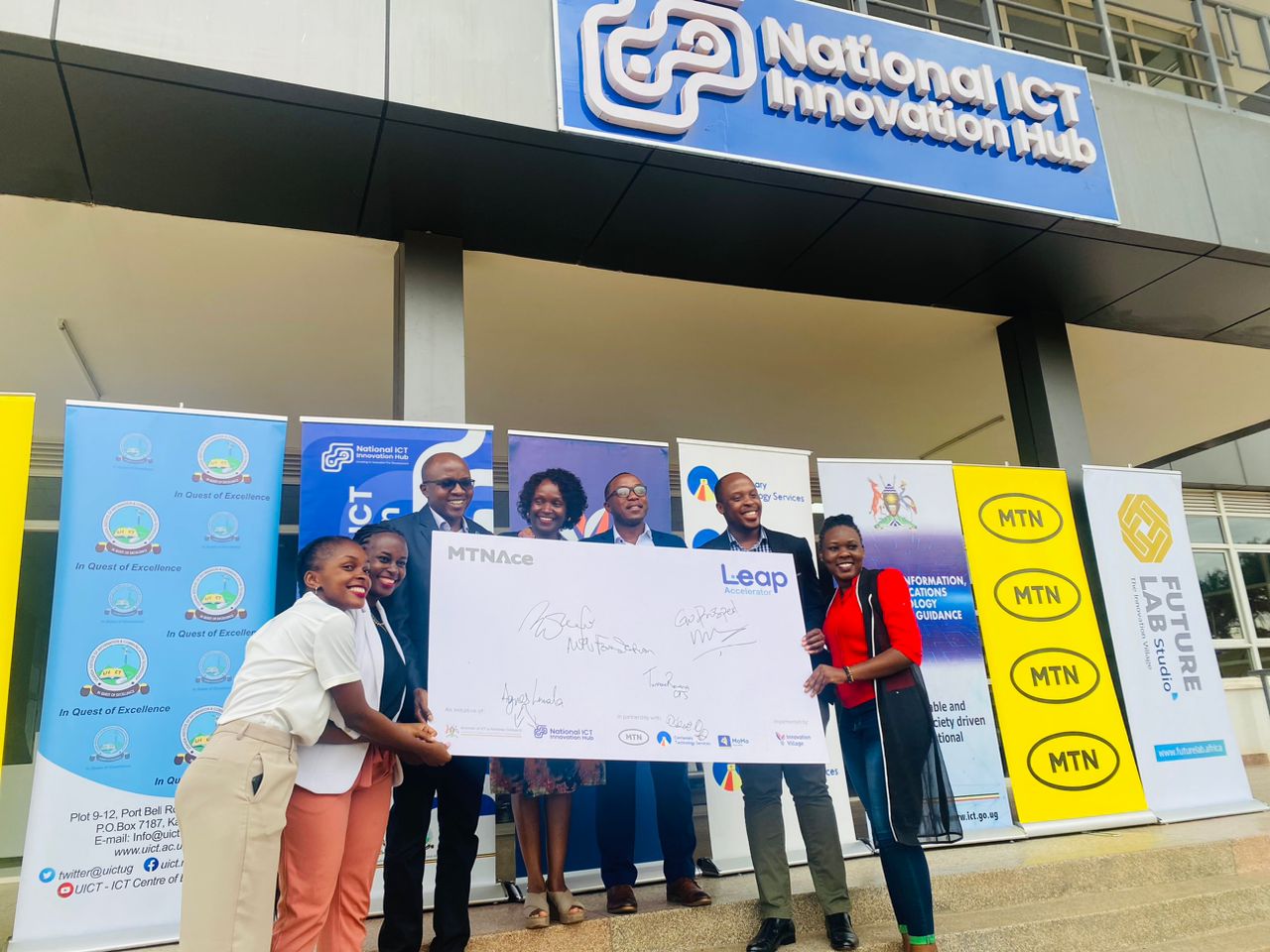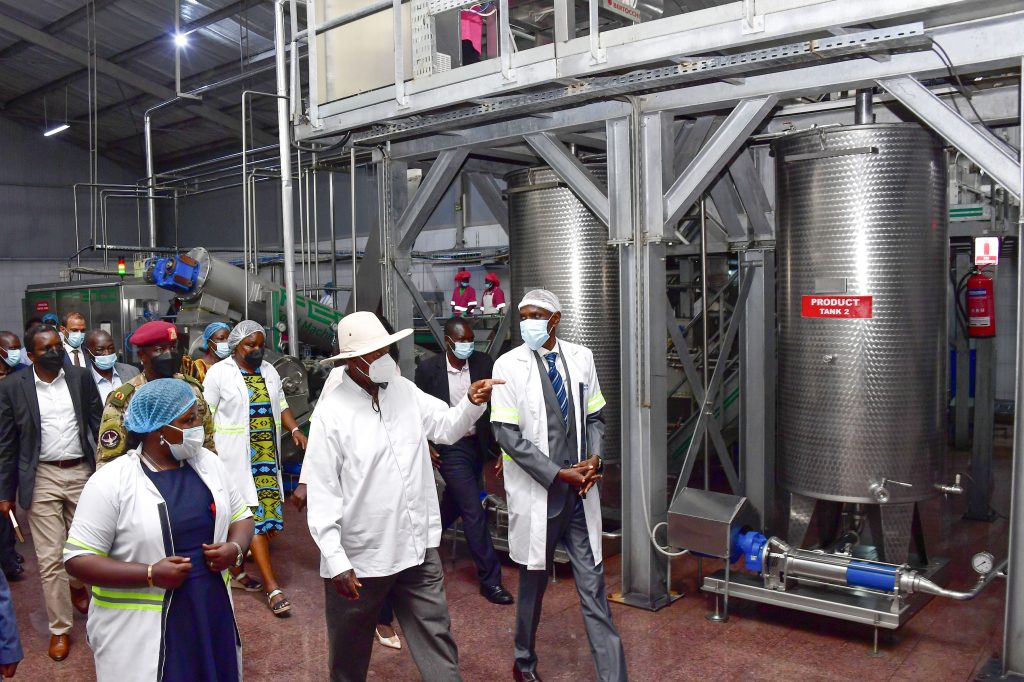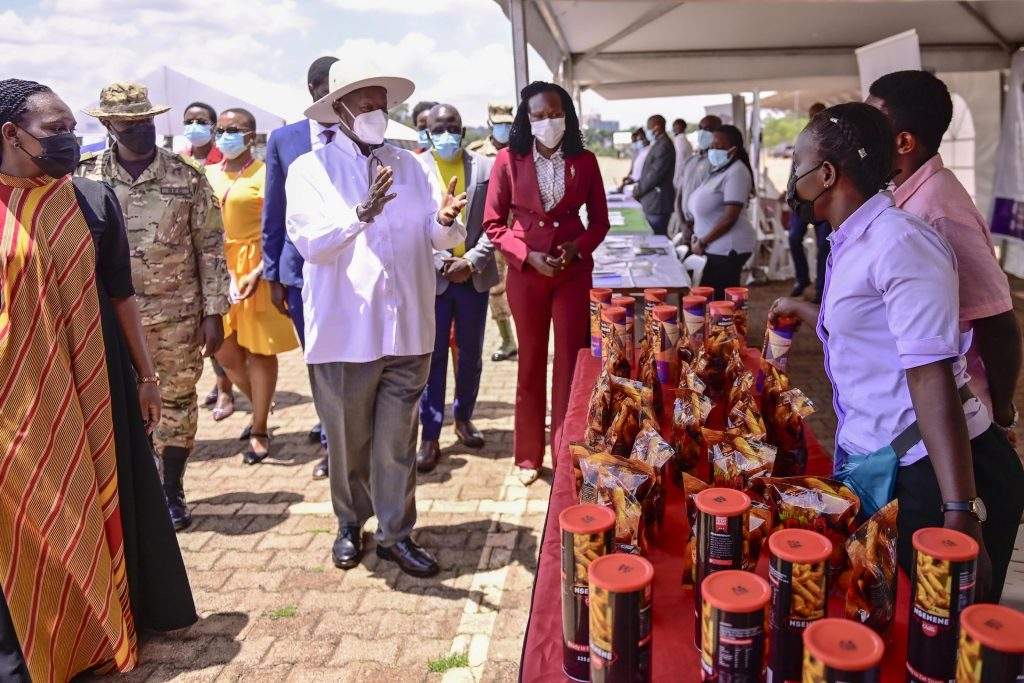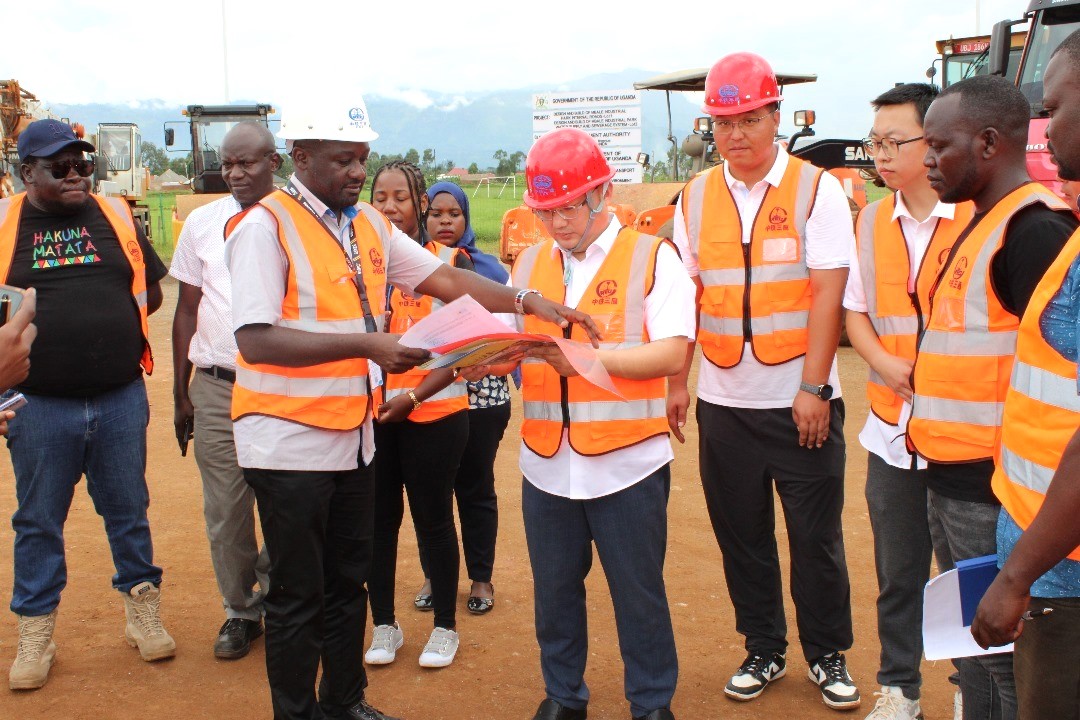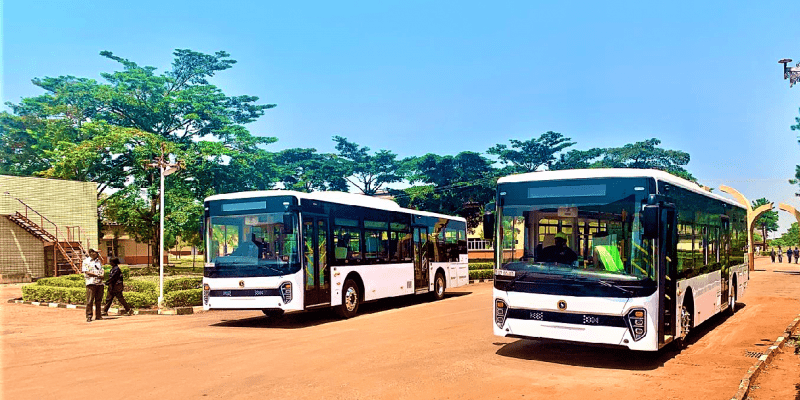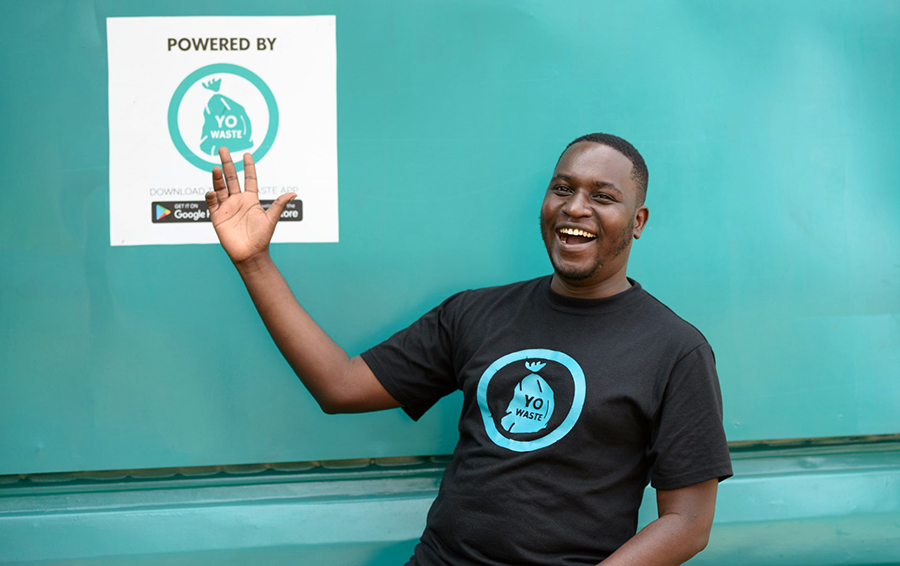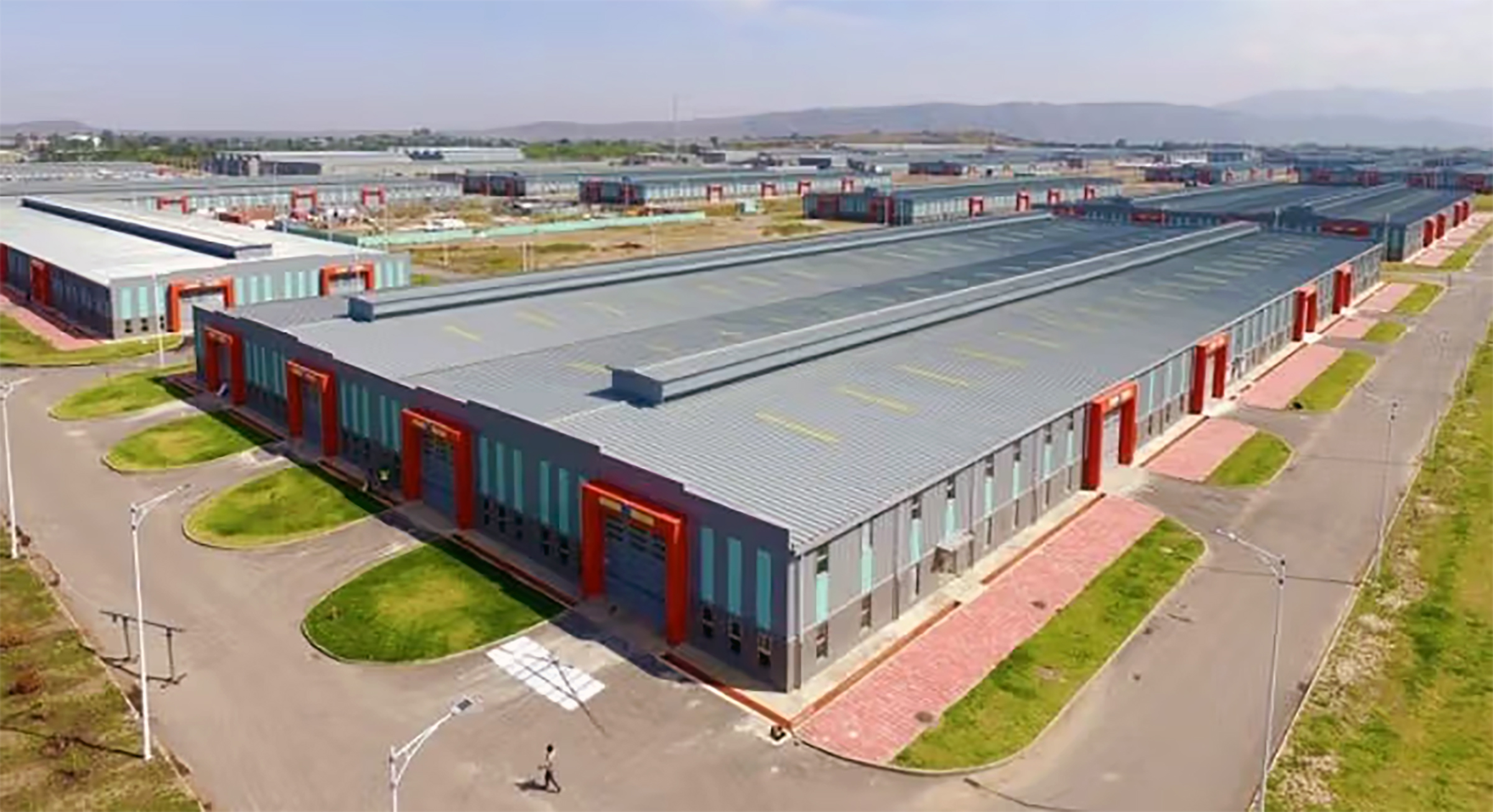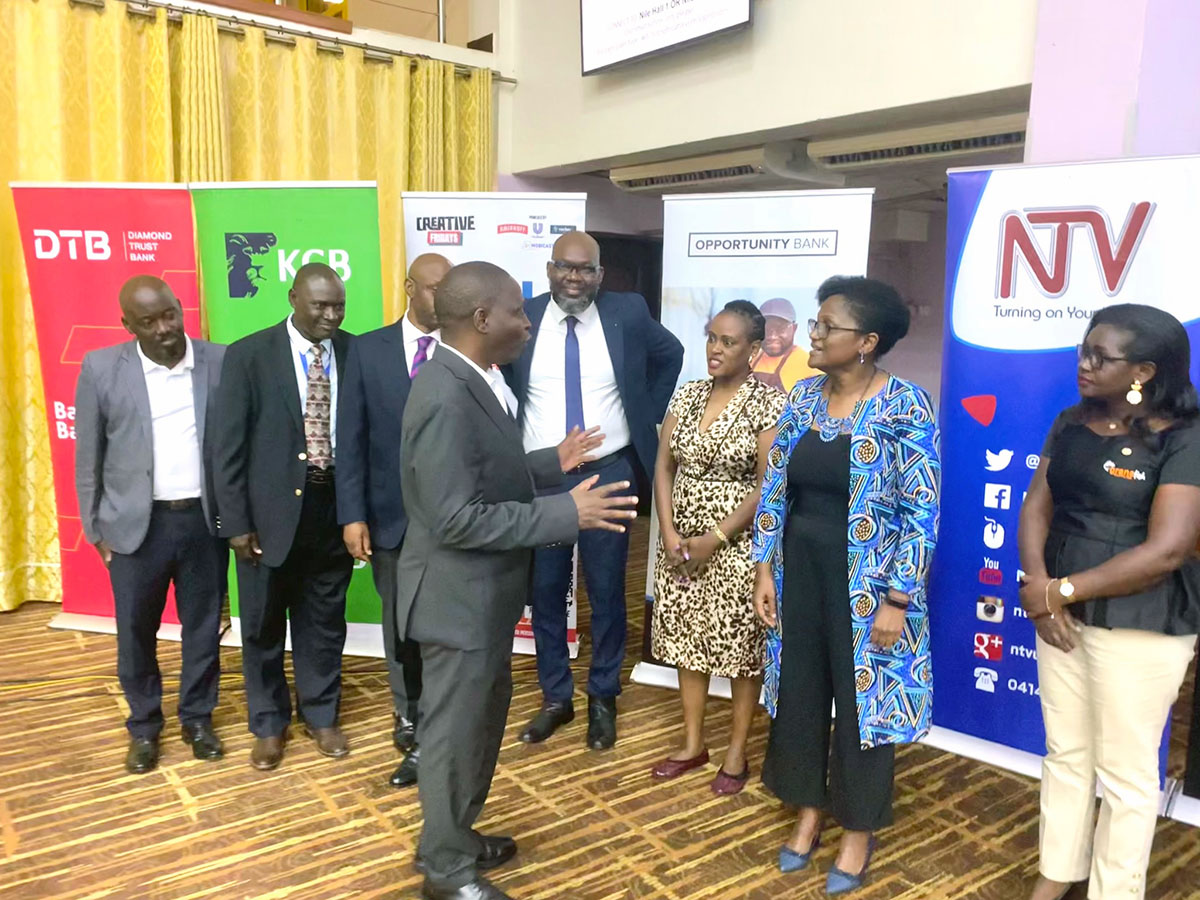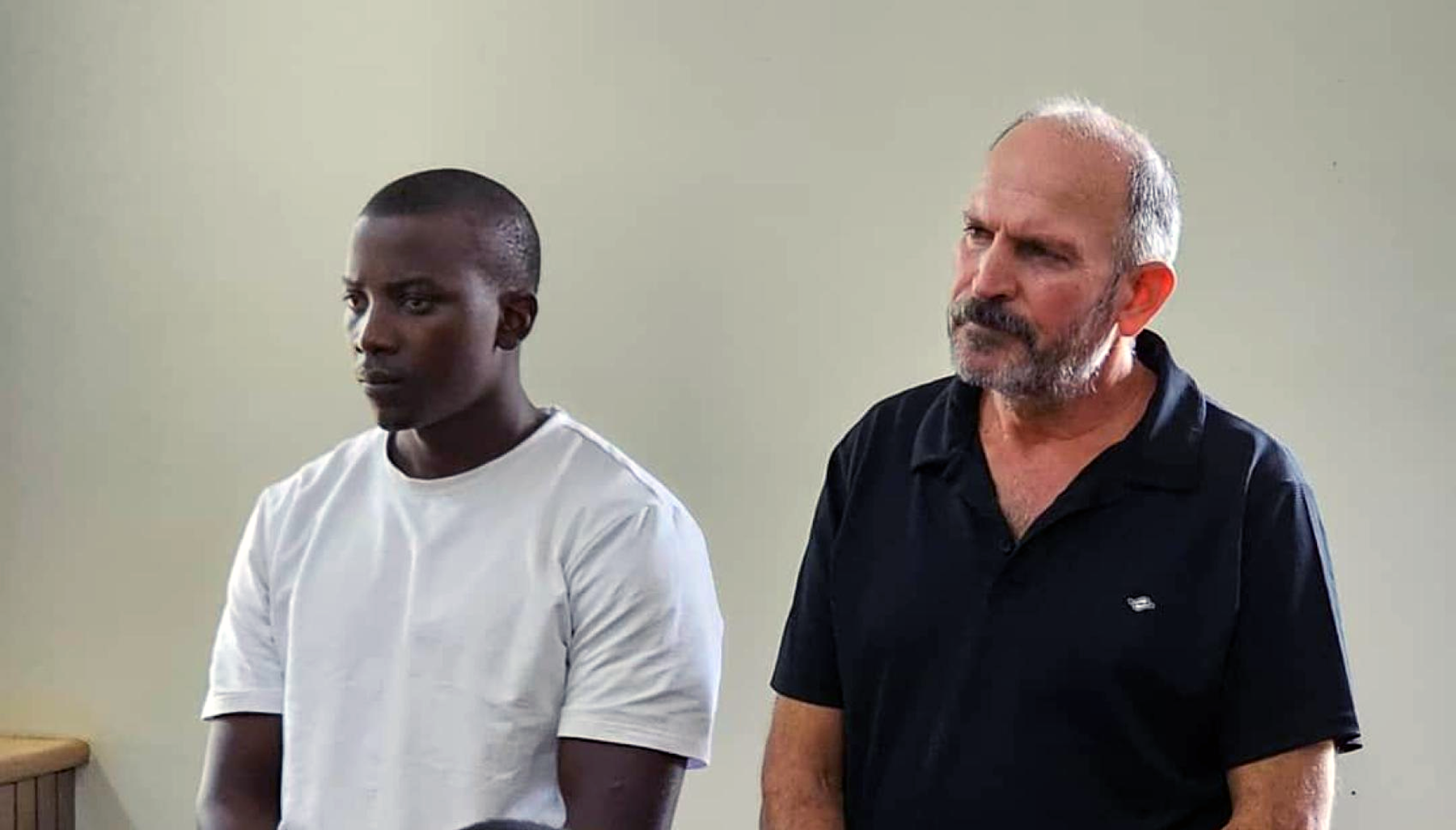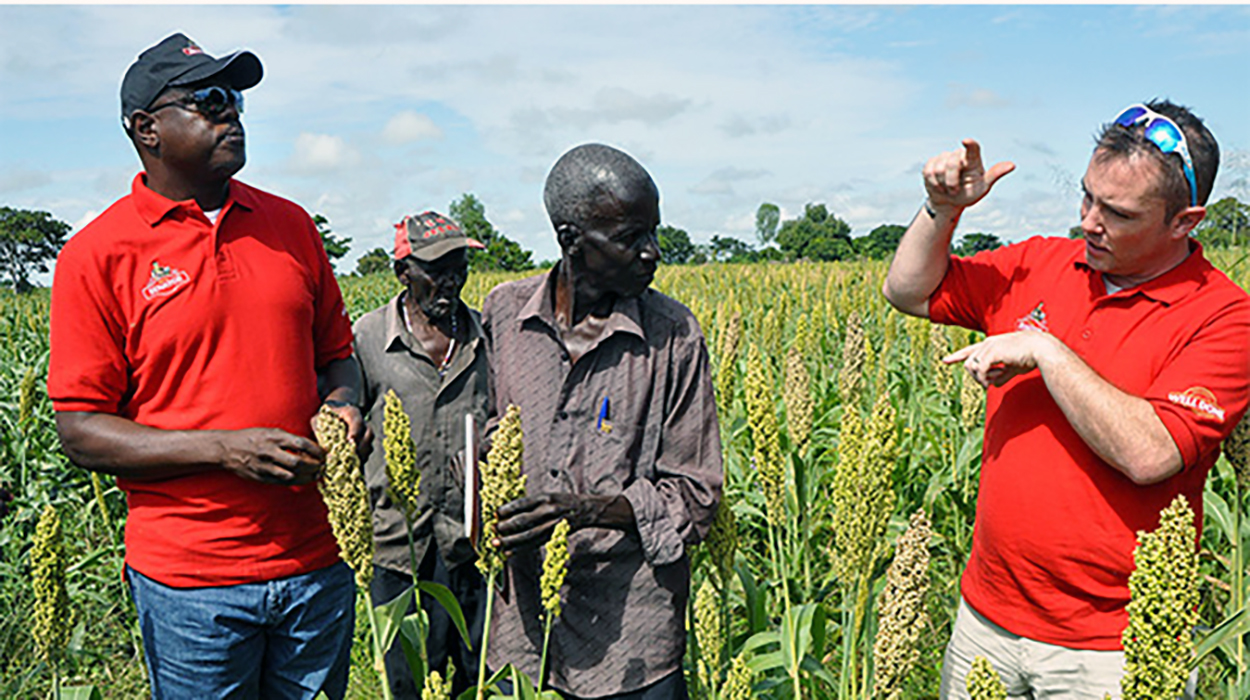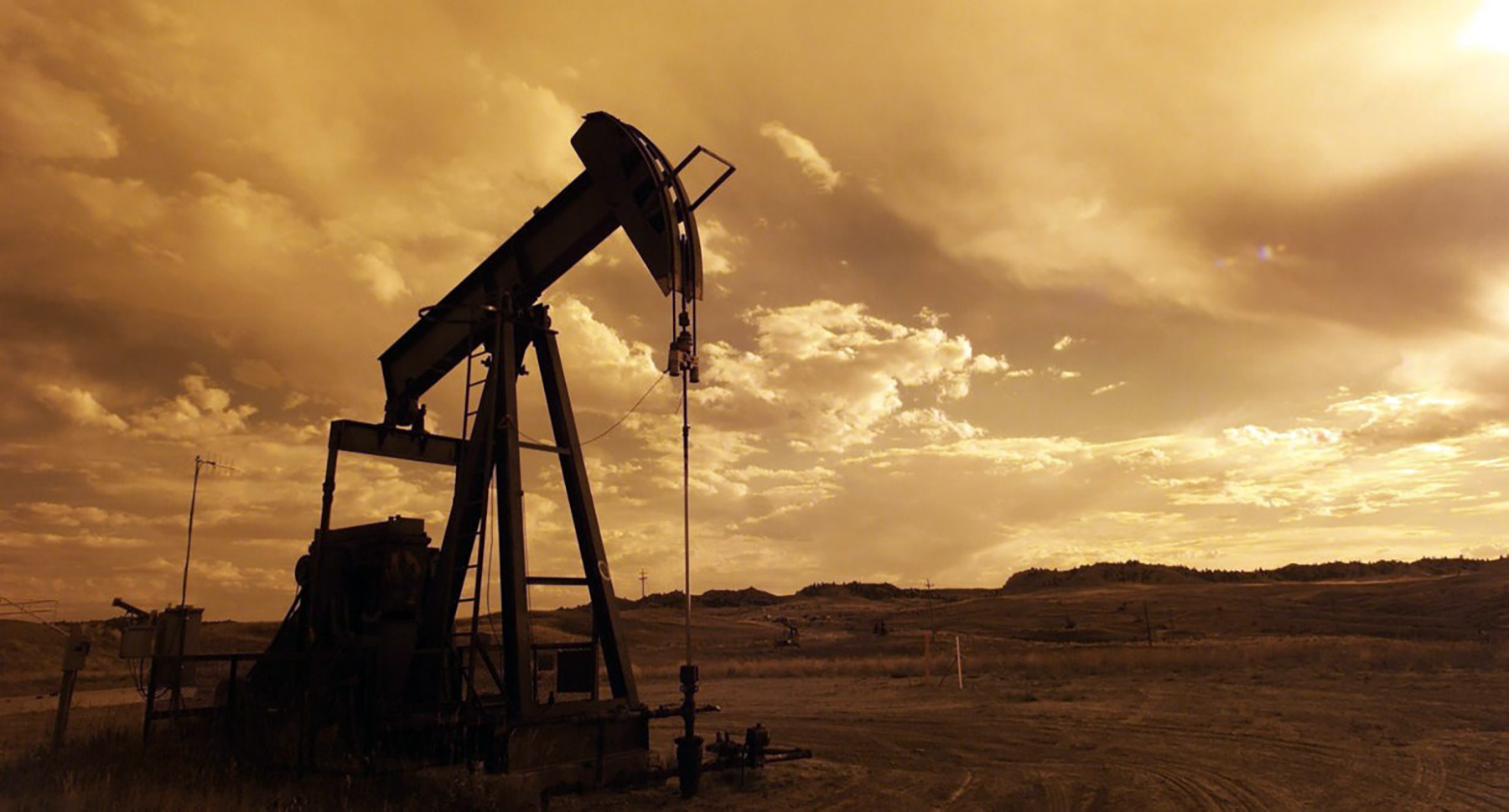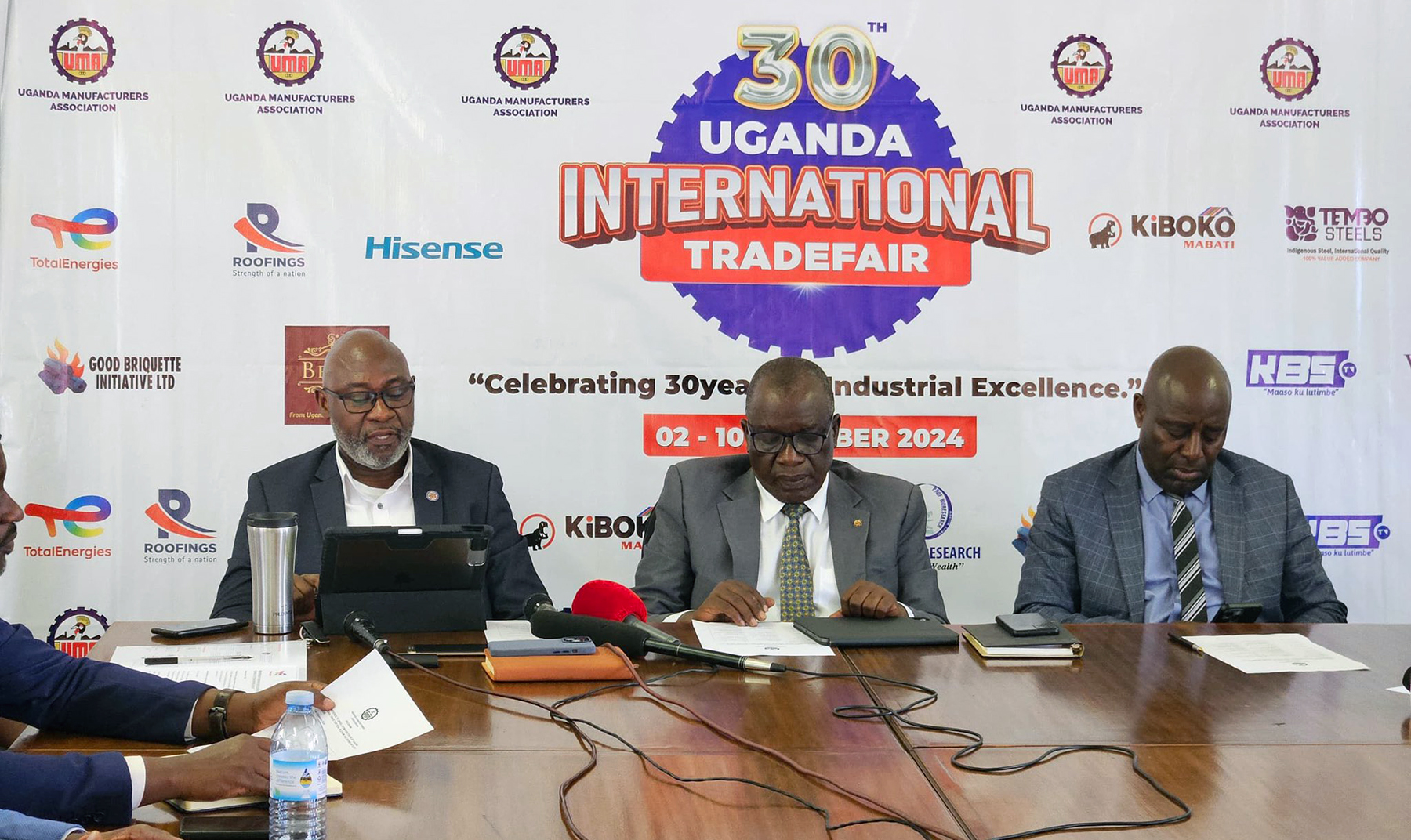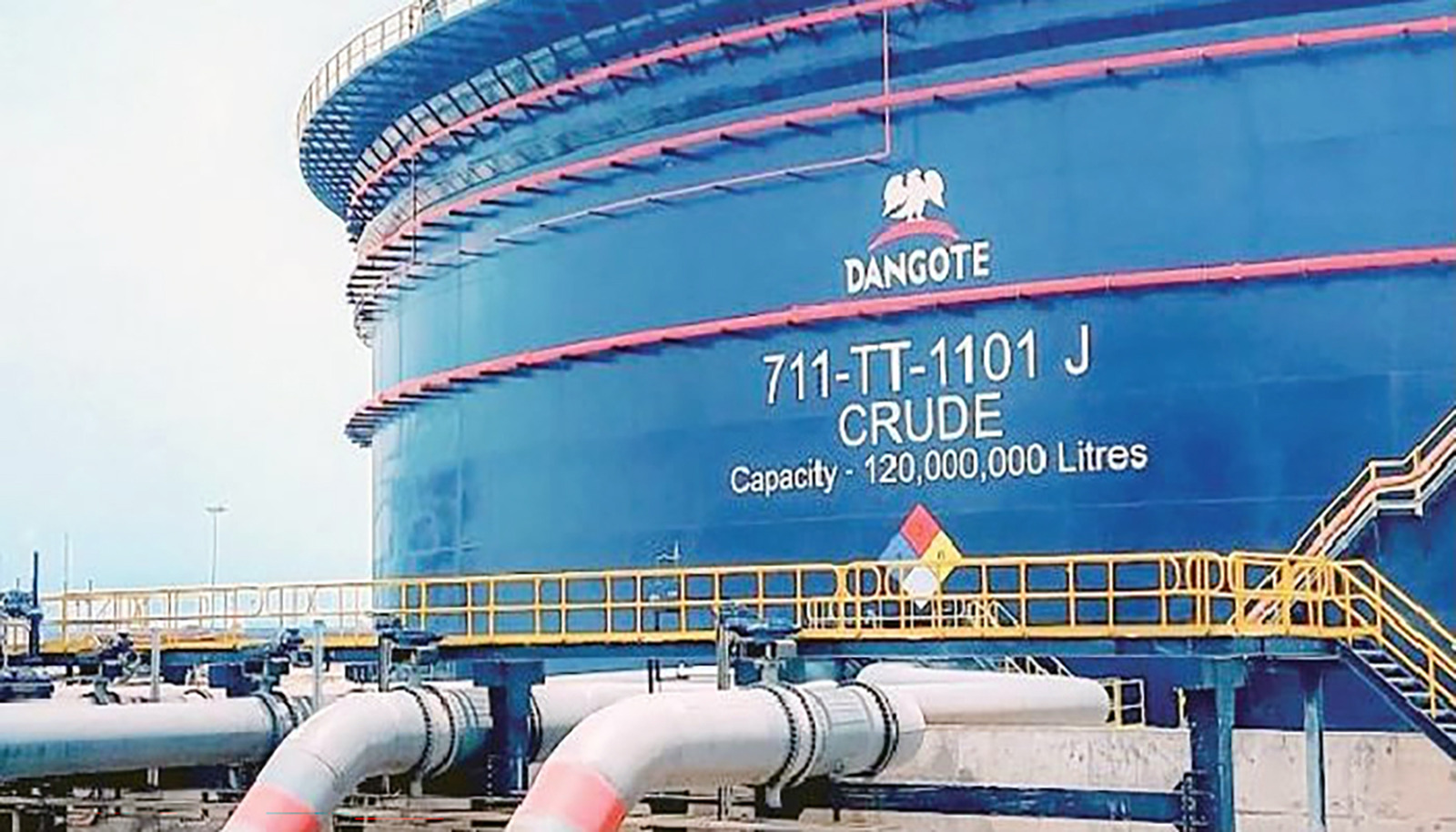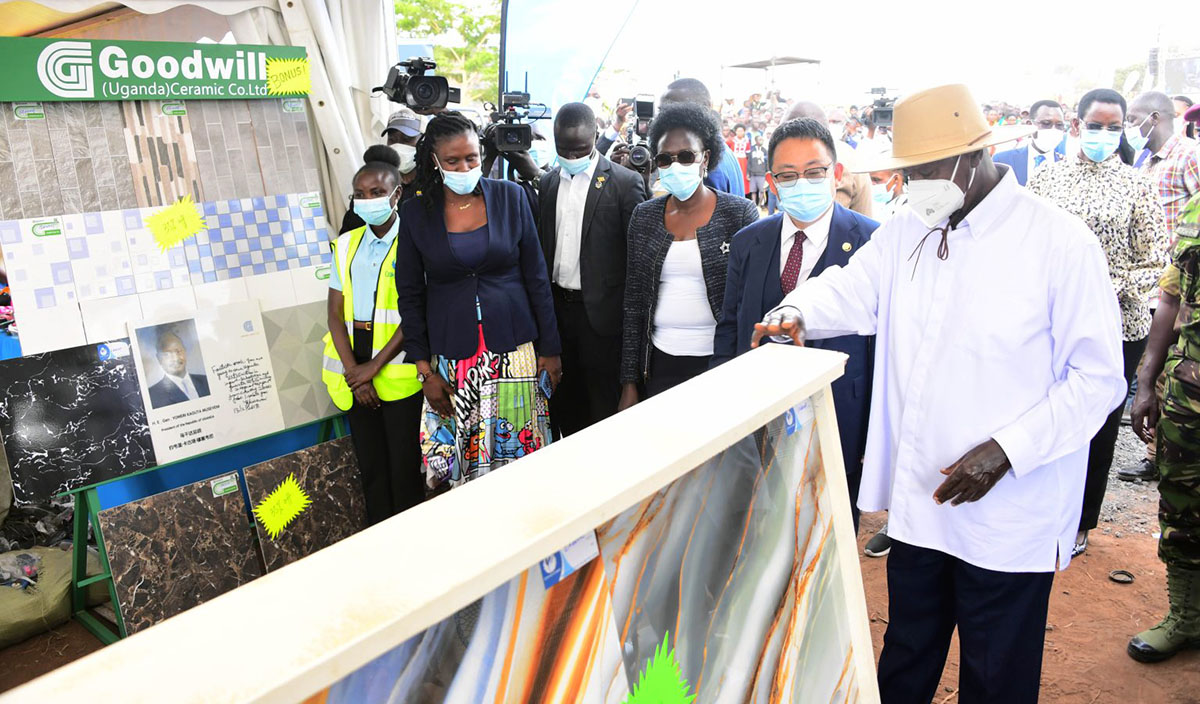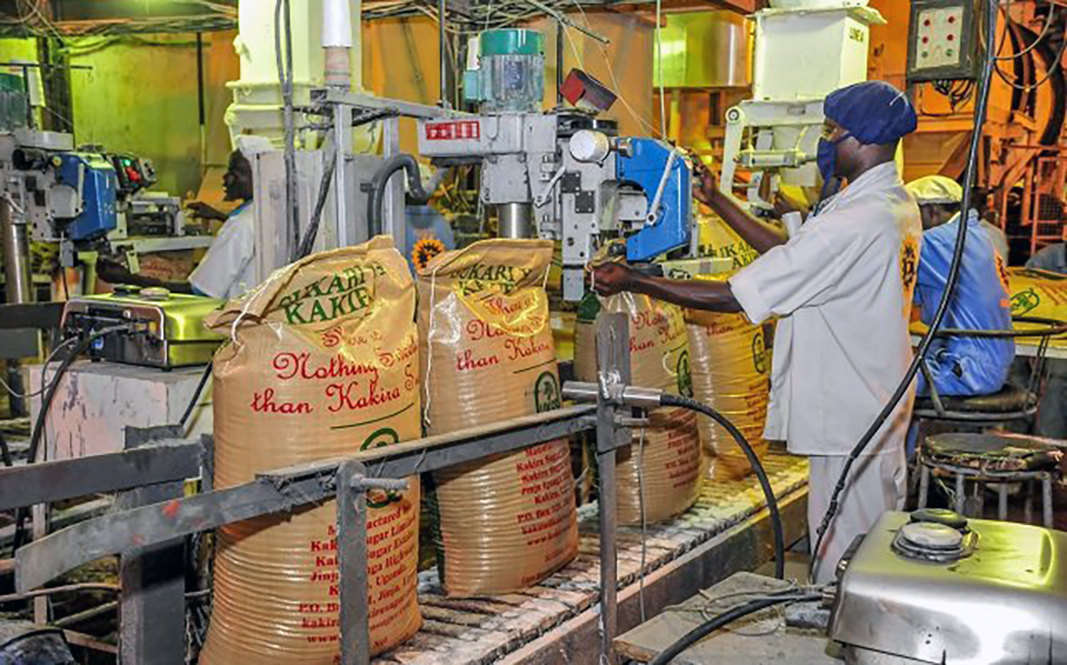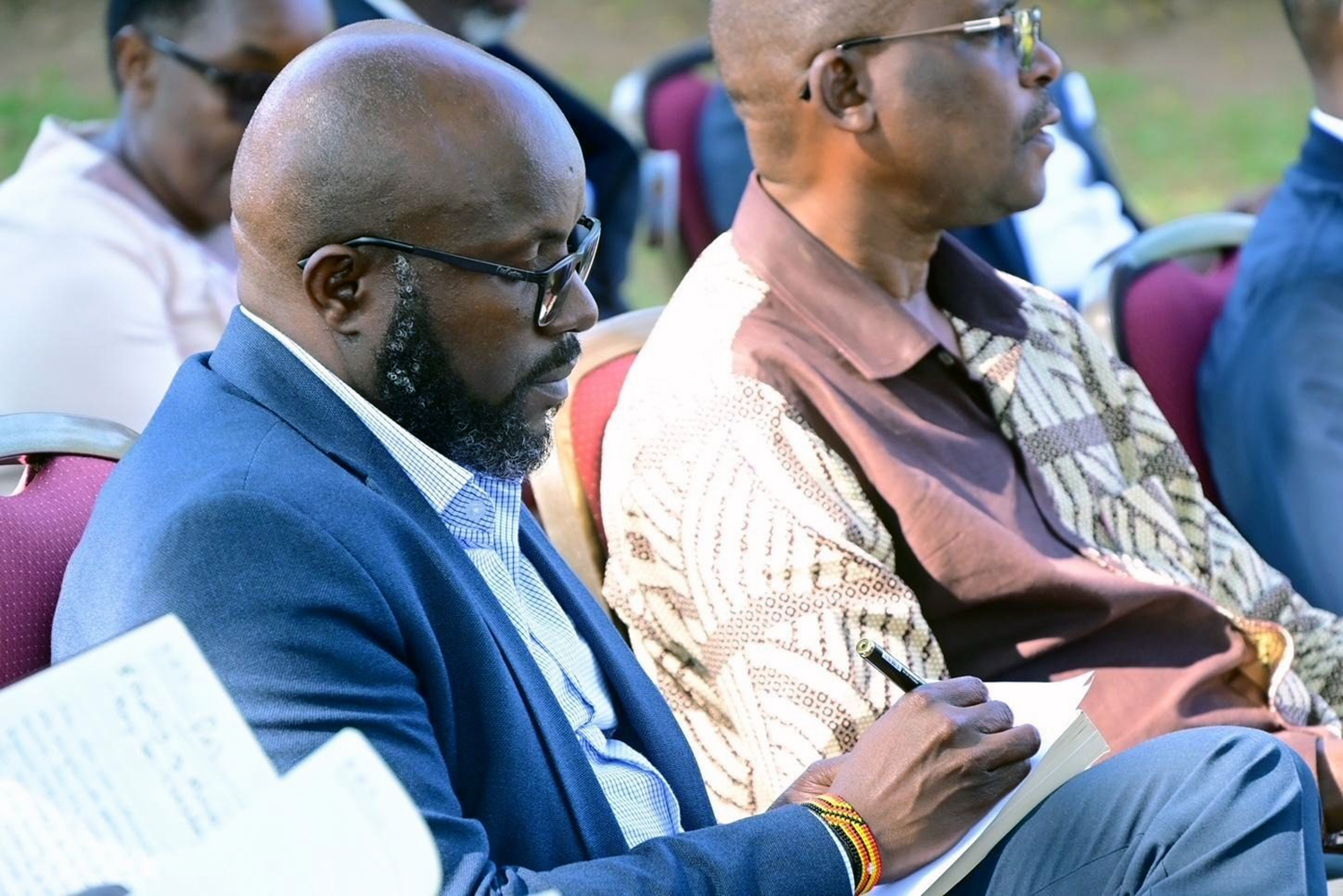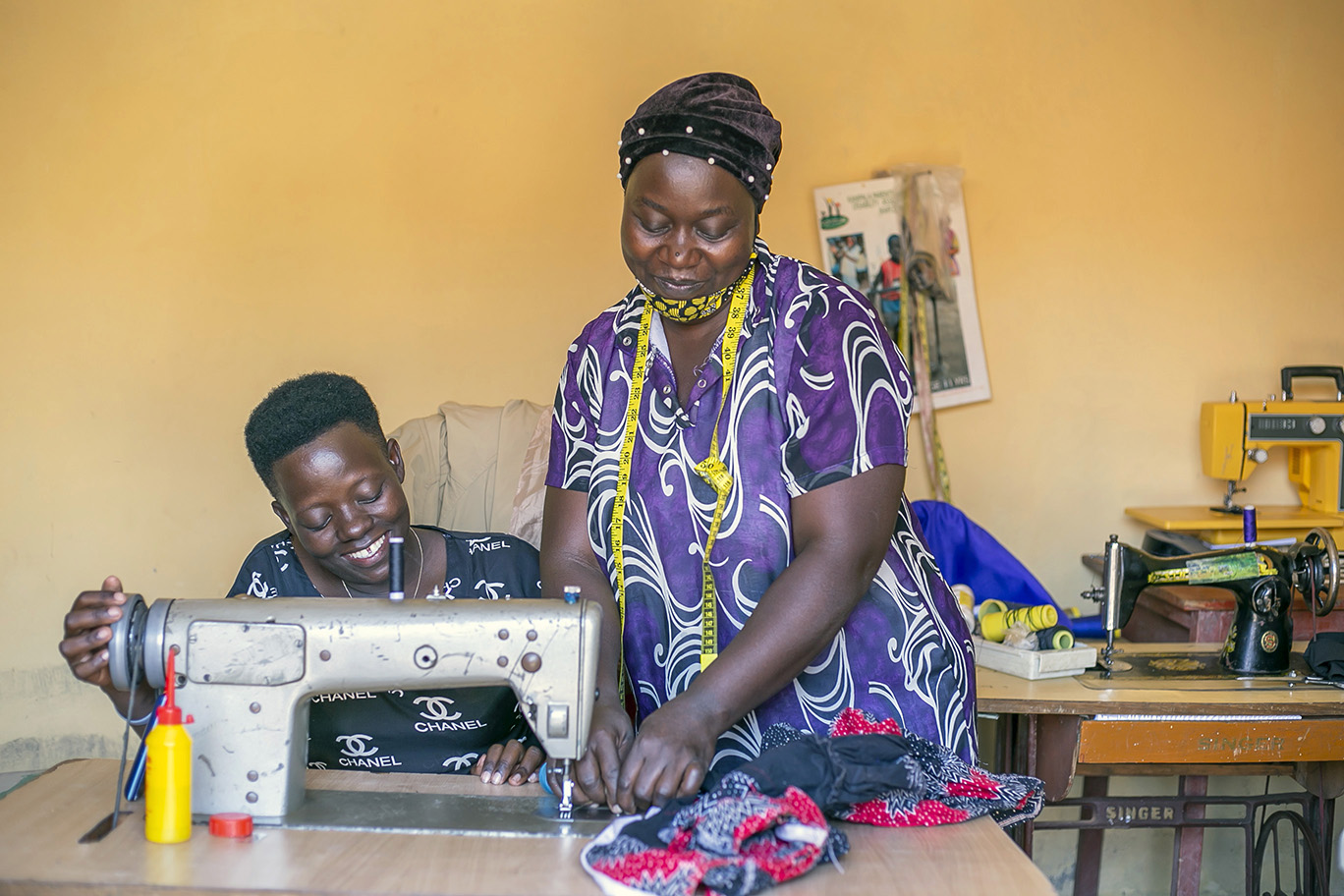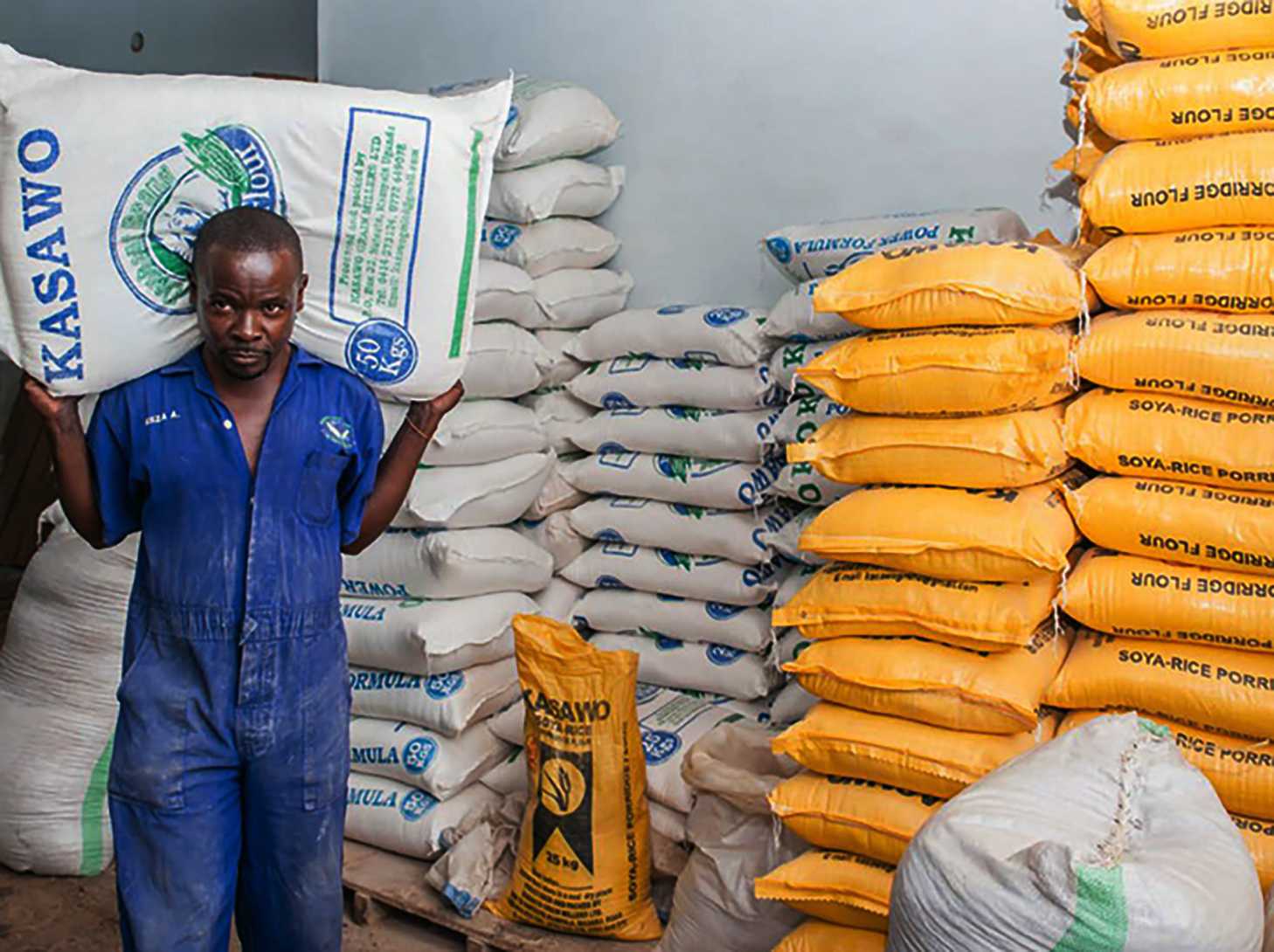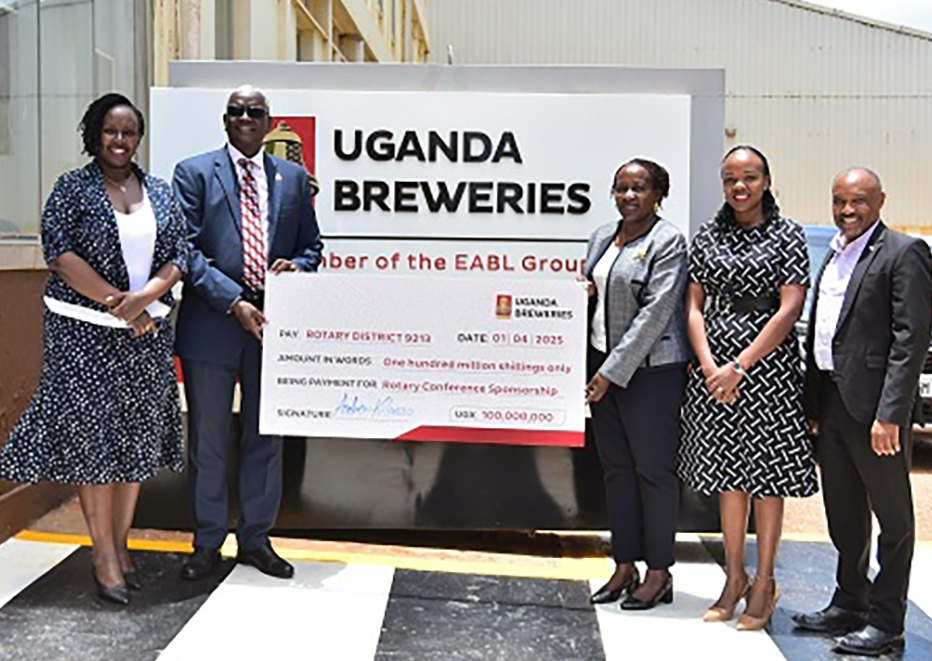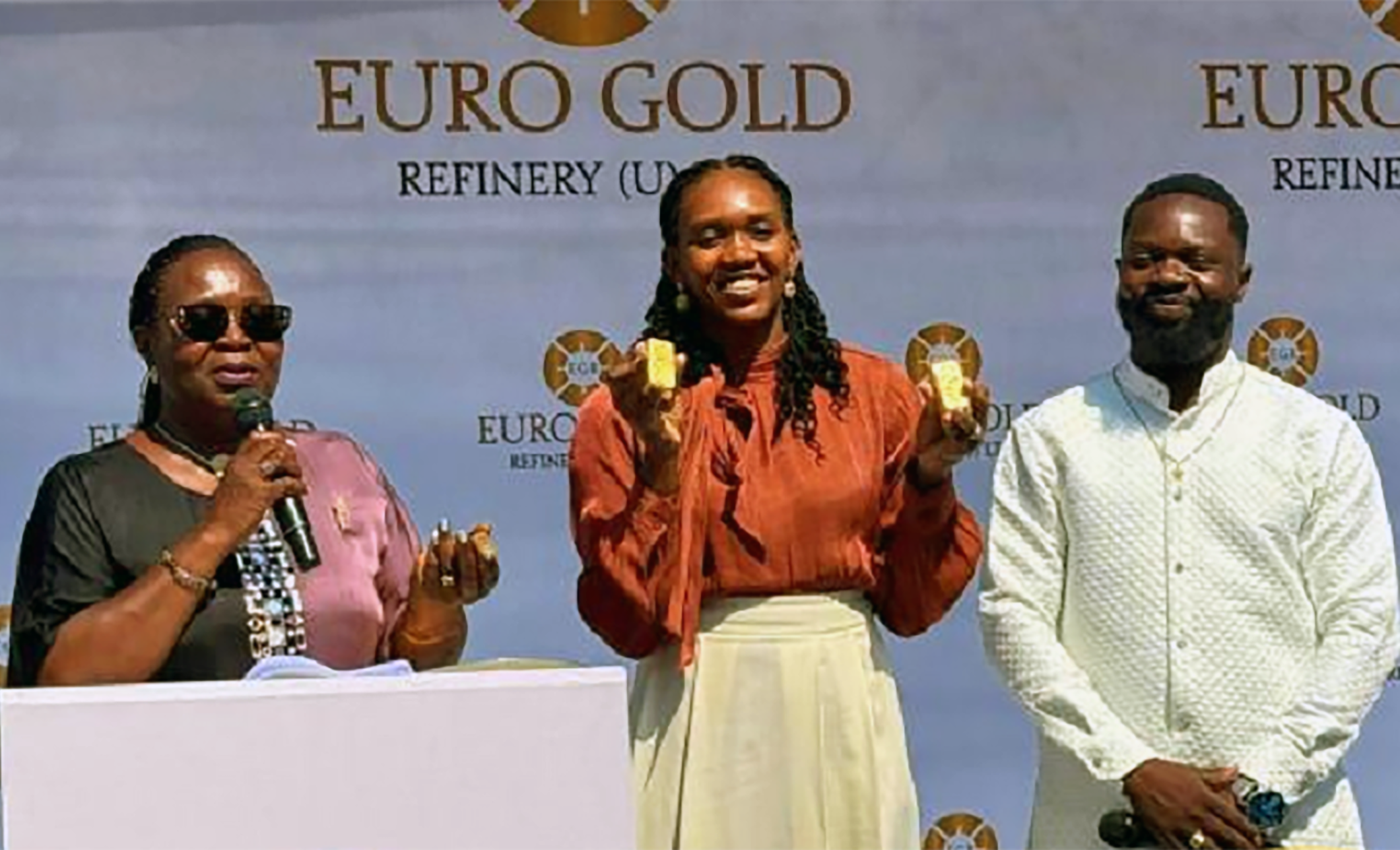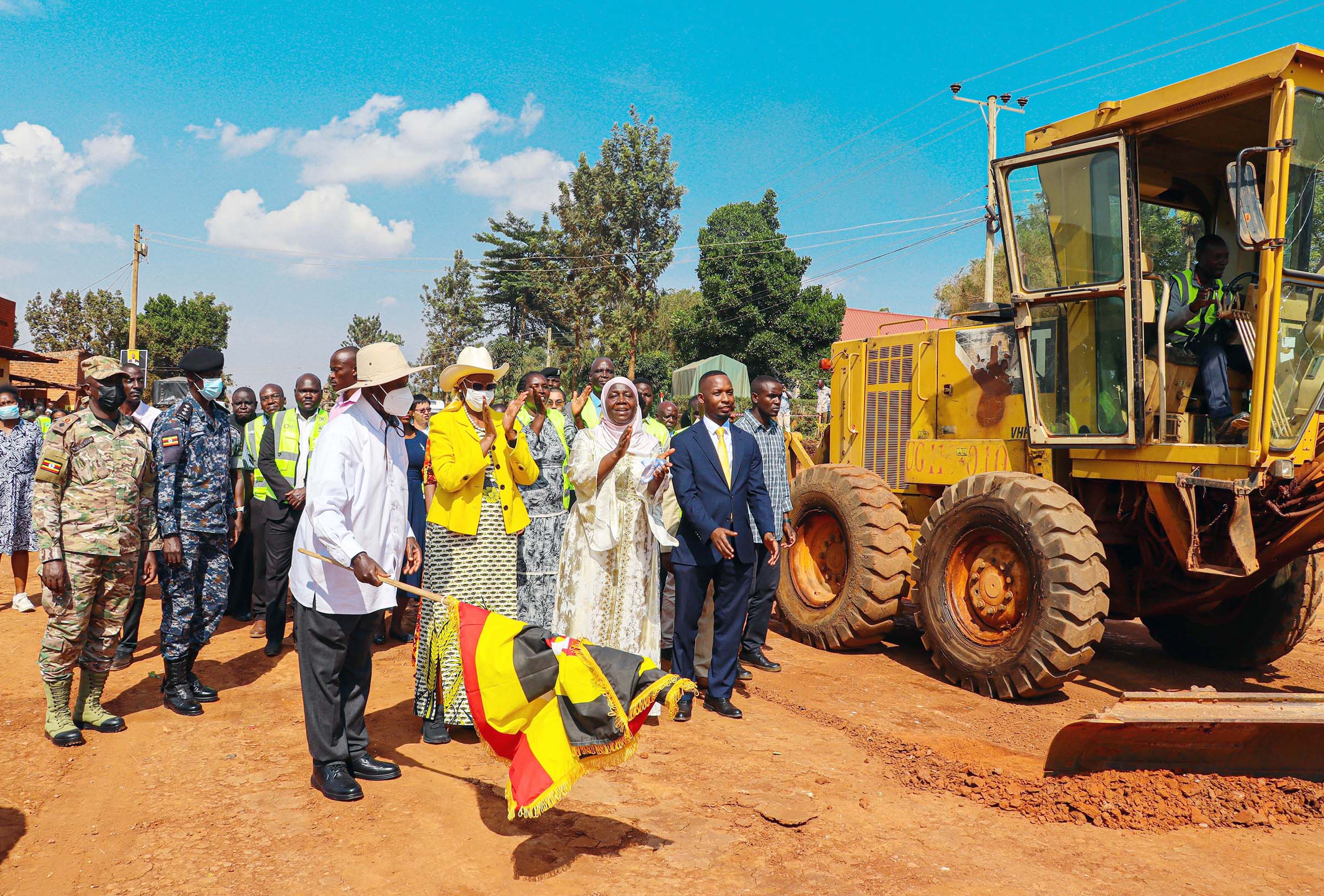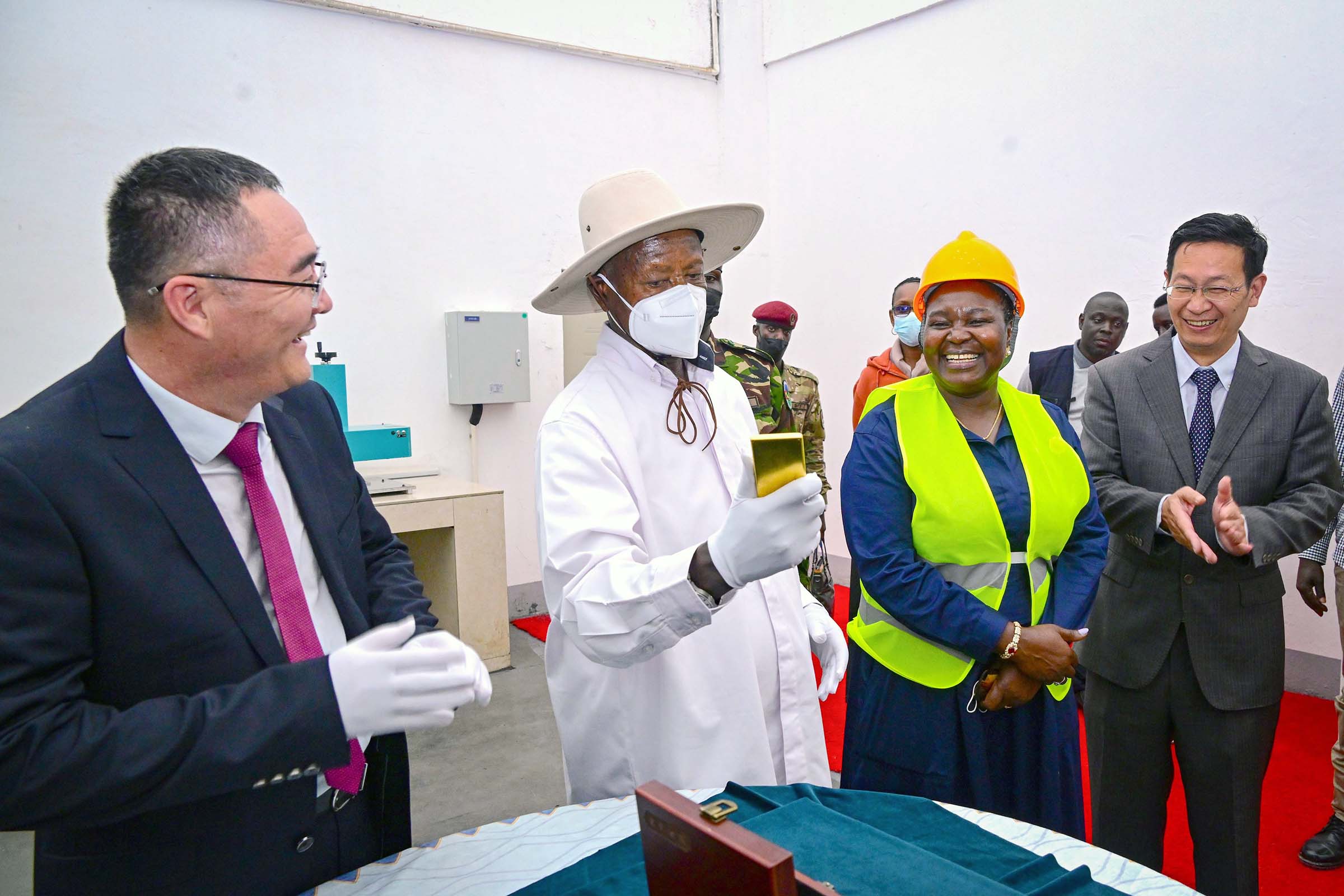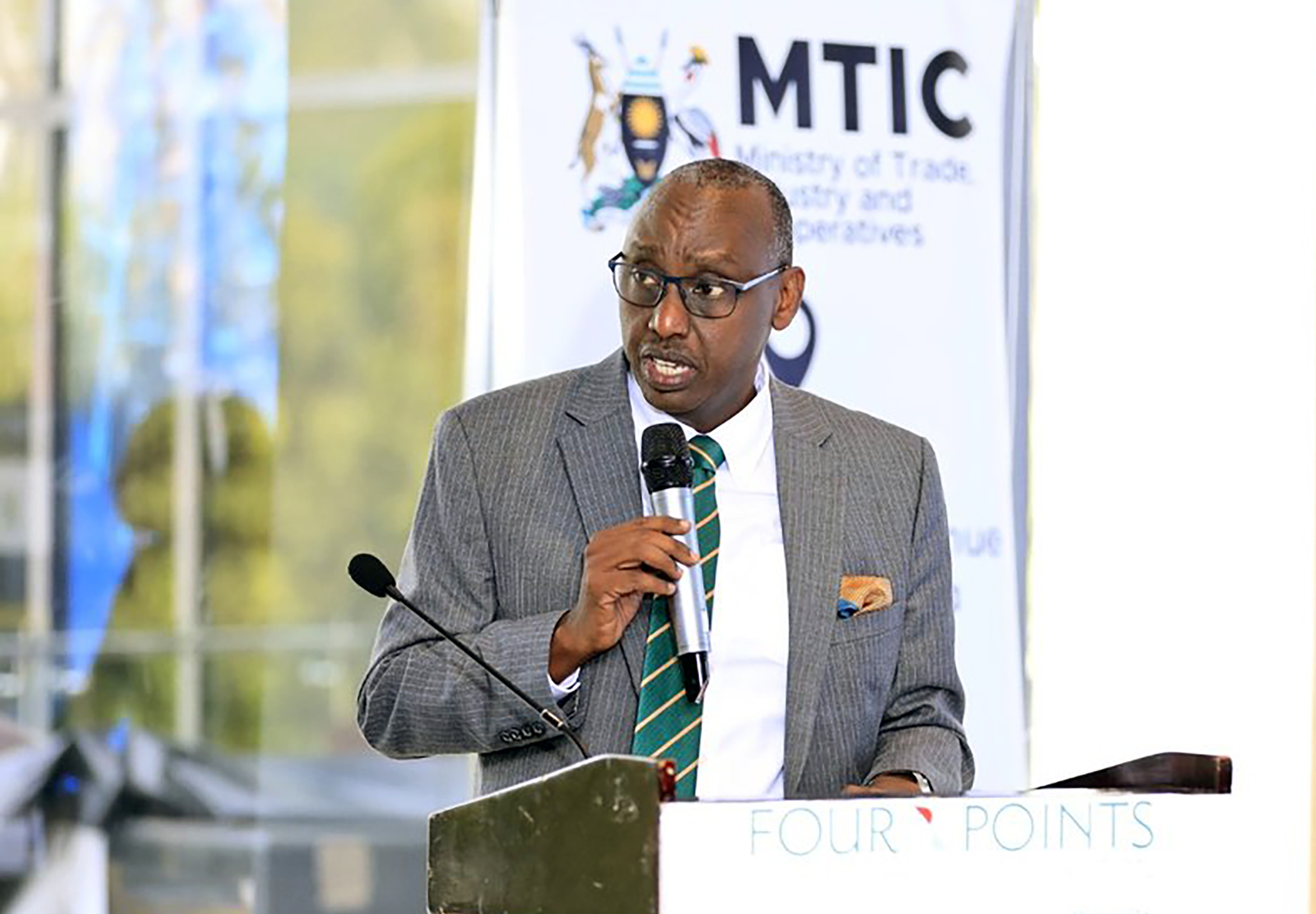Dutch fish feeds factory starts production in Buikwe
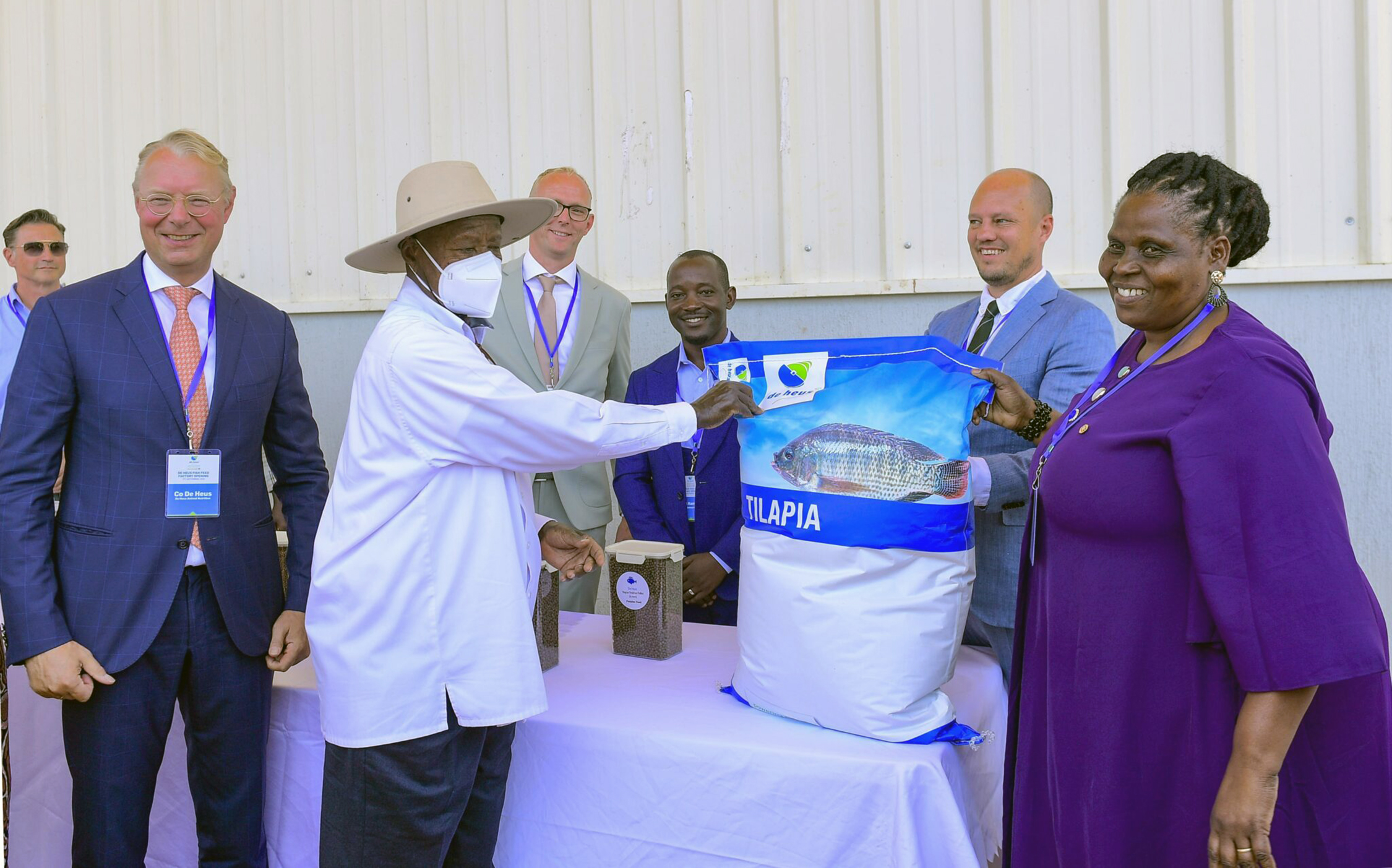
President Yoweri Museveni admires a bag of fish feeds at the official opening of the factory in Njeru in Buikwe District.
History has been made with the opening of Uganda’s its first dedicated fish feeds factory.
Established in Buikwe District by De Heus Animal Nutrition, a Dutch global leader in animal feed solutions, the expansive facility has the capacity to produce 100,000 metric tons of fish feed annually, which is expected to substantially reduce the country’s reliance on imports and ensure that farmers access affordable, high-quality feeds in the entire EAC region.
Historically, Uganda has been one of the leading exporters of fish in Africa, thanks to its vast network of fresh water lakes and rivers, particularly Lake Victoria. However, due to factors like overfishing, illegal fishing practices, and environmental degradation, these stocks have been declining at an alarming rate.
- This has created a critical need for a sustainable alternative to meet the country's growing demand for fish. Aquaculture is now being regarded as the primary solution to this challenge, especially with the rise of cage farming on Lake Victoria and massive fish ponds across the country.
Indeed, the entire aquaculture value chain, from hatcheries that produce fingerlings, to feed production, to the farms themselves, and finally to processing and marketing, creates numerous employment opportunities.
President Yoweri Museveni’s government has set ambitious targets for fish exports, which will increasingly rely on the growth of the aquaculture sector.
- “This investment fills a vital gap in the value chain,” President Museveni said at the official opening on Monday, noting that the project aligns with his government’s vision of transforming Uganda into a value-added producer.


“I call on Ugandans to produce more quality raw materials such as maize and sunflower, and explore the profitability of soybeans, possibly through an association of soybean growers.”
De Heus Animal Nutrition is a global producer of a wide range of animal feed products and a leading supplier of nutritional products for livestock and fish. It's a family-owned company that originated in the Netherlands and has grown into a multinational corporation with a presence in over 75 countries.
It specialized in compound feed, premixes and concentrates, which are marketed under its brand name Koudijs, across Europe, Asia, Africa, and Latin America. Best known in Uganda for its Koudijs brand, which has been on the local market since 2018, De Heus is associated with high-quality products, such as concentrates and starter feeds, produced at specialized factories in the Netherlands and other locations.
The company has made a reputation for itself by focusing on providing solutions that ensure maximum animal health and optimal performance for its customers, which include independent farmers, integrations, and dealers.
- In the countries where it operates, including Egypt, Ethiopia, South Africa, Ghana, and Ivory Coast, the company’s services often involve on-the-farm visits where specialists offer advice on nutritional strategies, farm management, and improving the ecological footprint.
- Co de Heus, the company’s Board chairman, reaffirmed the company’s long-term commitment to Uganda. “We see tremendous potential in Uganda’s aquaculture sector. This facility will enhance feed quality, support farmers, and strengthen food security across the region.”
The new factory will directly and indirectly support up to 10,000 jobs on fish farms and create markets for more than 15,000 smallholder farmers supplying maize, cassava, and soybeans as raw materials. It also incorporates sustainability features, including a biomass boiler that minimizes fossil fuel use.
Bon Tjeenk-Willink, Managing Director of De Heus Uganda, emphasized the transformative nature of the project: “By sourcing local crops and producing premium feeds, we are driving a shift from import dependence to value-added production, supporting both aquaculture and smallholder farmers.”
Officials said the Njeru factory is set to create new jobs and stimulate demand for locally sourced ingredients such as maize, cassava, and soy for making feeds for Tilapia, Uganda’s most popular fish species. Additionally, the investment aligns with De Heus’s broader growth strategy in Africa.


.jpg)
